Insiders Tips to Visiting Crete, Greece
In this edition of, In the City, we profile the island of Crete, Greece. We catch up with Rebecca Skevaki chapter leader of Crete Travel Massive to learn more about her home town and get tips on what to see and do from a local.
With a background in conventional tourism and public relations, Rebecca set out to become a tour operator and now manages three companies around Greece including Go Local Tours, Athens Urban Adventures and Crete Urban Adventures.
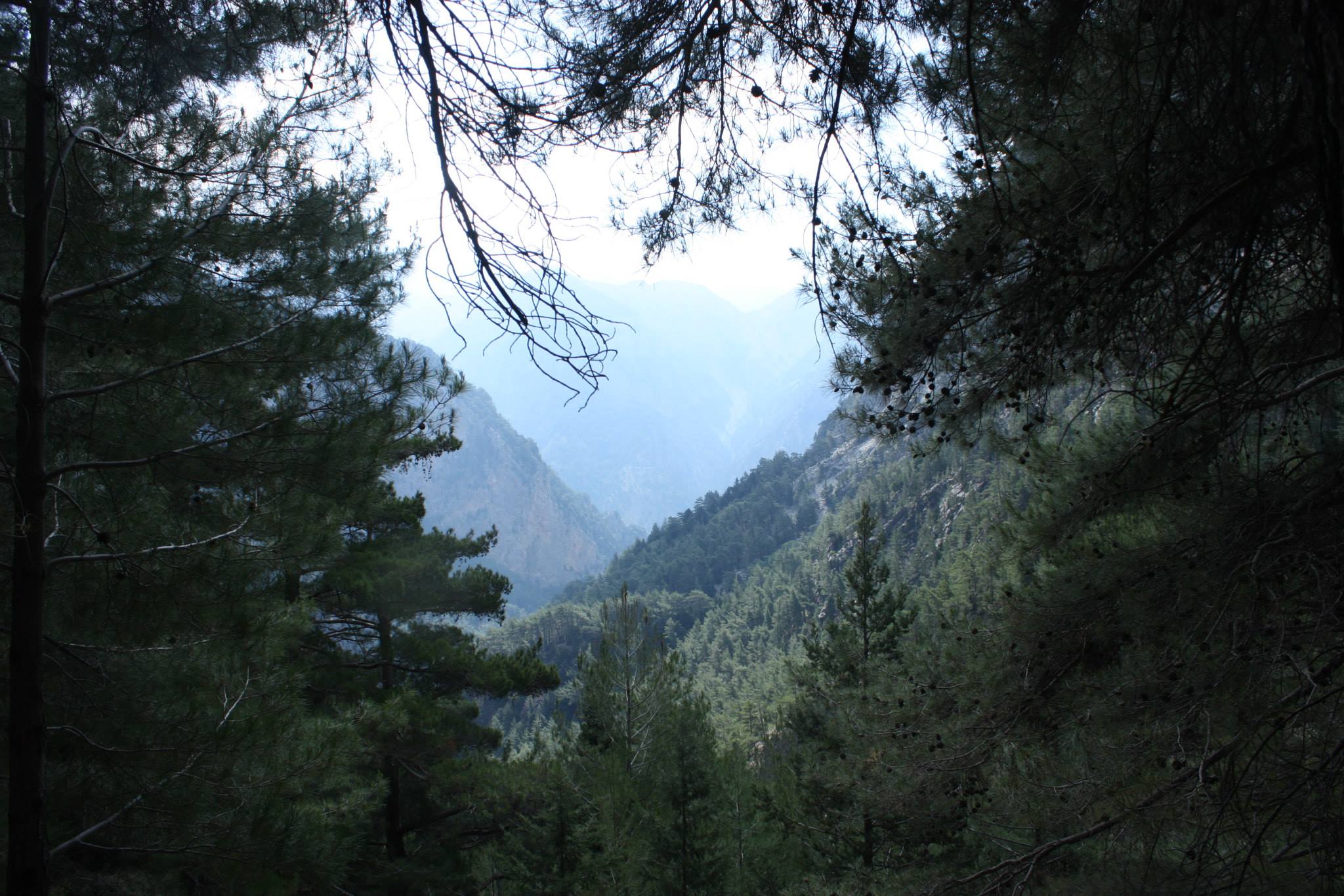
How long have you lived on this island?
I am a Greek Australian. Born in Crete, grew up in Australia, travelled the world and privileged to be able to spend my time between my two “hometowns” Sydney and Chania, Crete.
What makes your island so awesome?
Crete is not only the fifth largest island in the Mediterranean sea but also Greece’s largest island. It is located on the southern border of Europe and it has always been a crossroad of civilizations. With Europe on top, Asia from one side and Africa just a stroll away, this island has been visited, conquered and fought for, but Crete has always kept its unique character and traditions which makes it the ideal holiday destination.
It’s a remarkable mosaic of astonishing beauty with high rugged mountains, numerous gorges, scenic beaches and the world famous Cretan diet, which is among the healthiest in the world.
The island is divided into four prefectures: Chania, Rethymnon, Heraklion and Lasithi. Each with its distinctive landmarks and attractions.
What surprises people most about Crete?
Most people visiting Crete expect to find another “typical” Greek island with small white coloured houses, but Crete has such a diverse topography that it makes it so unique and an incredible culture that goes back a thousand years.
Are there any myths or misconceptions about your culture?
The modern myth that Greeks are lazy is busted upon seeing how hard most people work on the island in order to provide a living for themselves and families as Crete is mainly an agricultural island.
The people of Crete speak a very distinctive dialect, and have many customs that aren’t found anywhere else in Greece. The rest of Greeks consider the Cretans as tough and blunt but only to justify the legend of the Cretan hospitality when they meet us.
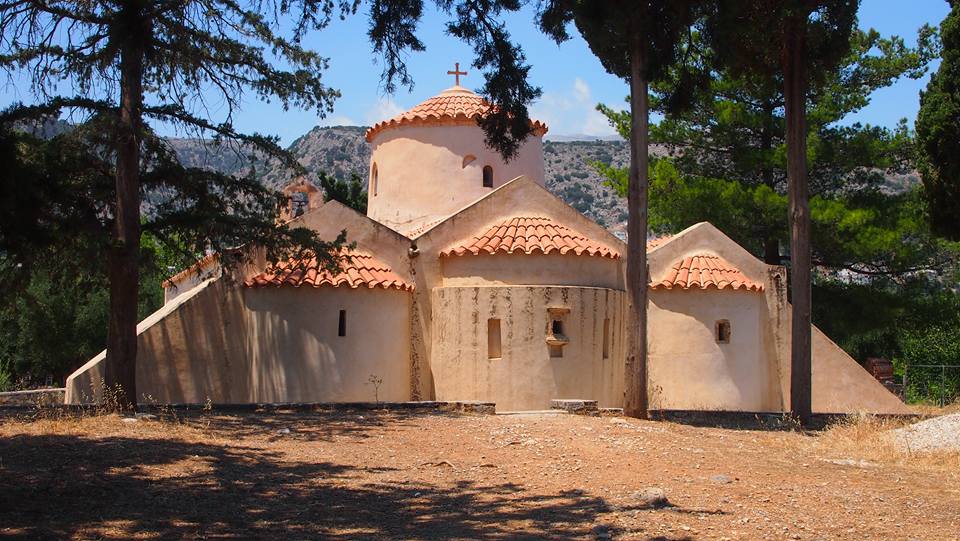
Best sustainable travel tips for visiting your city?
Please please please carry a reusable water bottle. Tap water is safe everywhere on Crete and by doing this you will help not only the environment but also your pocket.
Buy Local, Eat Local. Instead of heading to a chain grocery or department store , stop by a local market or a street stand (and bring a reusable bag for shopping). And it’s always easy to find restaurants that serve organic food, or use ingredients for their meals that are produced locally.
Best local food?
That’s a difficult one but I urge everyone to try at least once our “wild greens” cooked in many different ways. If you are a vegetarian, then you have just landed in paradise as our cuisine has a huge palette of veggie dishes.
On the other hand if you like meat try “lamb antikristo” which is one of the most ancient ways of cooking meat on the spit and especially cooked in a round spit.
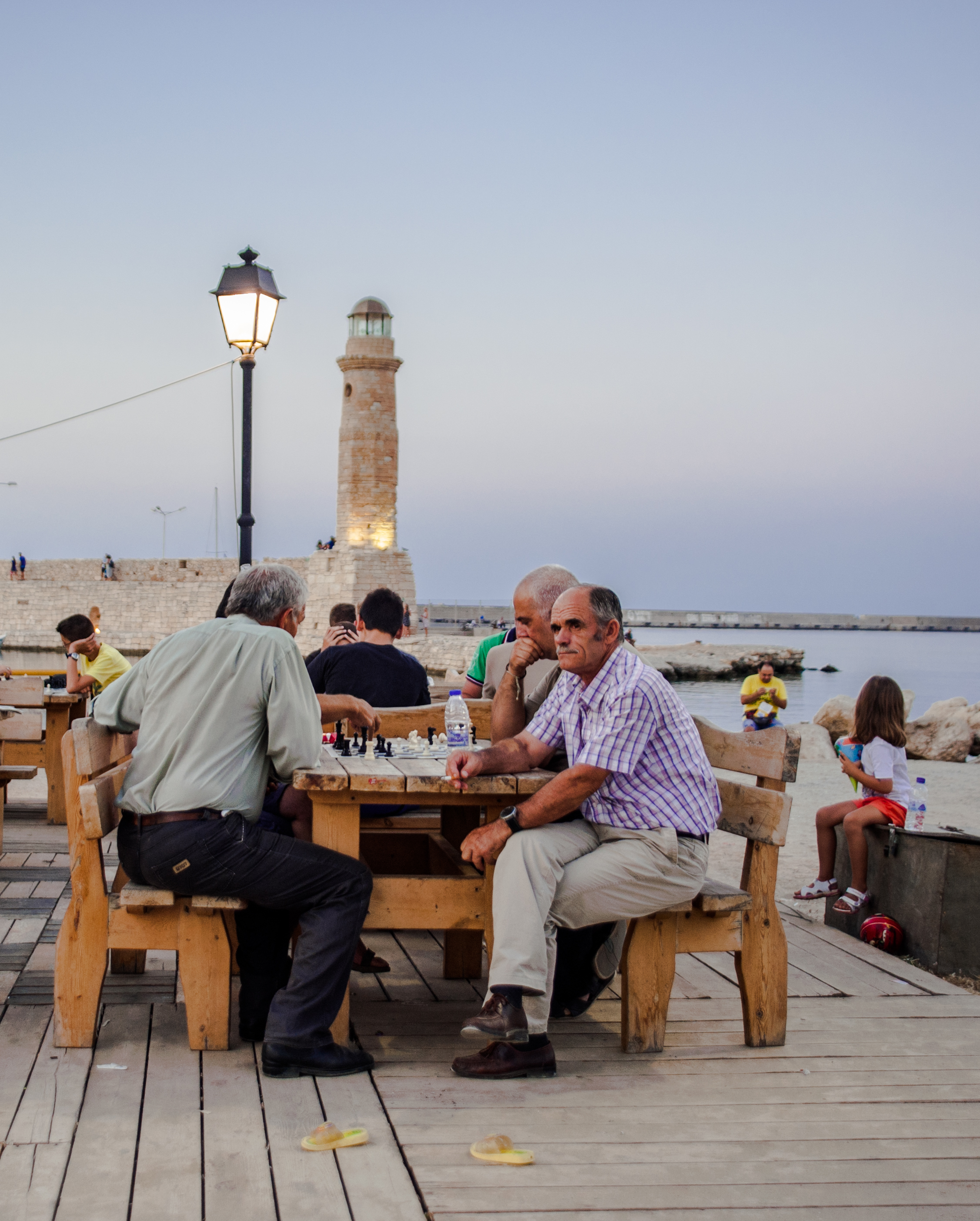 Best local drink?
Best local drink?
The national drink of the island is Raki or Tsikoudia as it is called on most parts of the island. It is an alcoholic beverage, a fragrant, grape-based pomace brandy widely used in Crete. It is a strong liquor which contains about 40% alcohol. Cretans love this spirit and they find a million reasons during the day for a shot or two.
Best local festivals people should experience?
Cretans love celebrations and always grasp the opportunity for a fiesta.
Most common are the “Panigyria”. A panagyri is a local festival and can be held in connection with various events, and is celebrated on different dates depending upon the local customs and events. These events range from food festivals, wine festivals, musical, religious, agricultural just to name… a few.
Some of the most famous ones include the Yakinthia Festival, Assumption Day, Houdetsi Festival and the Carnival in Rethymon.
Best cultural tradition? 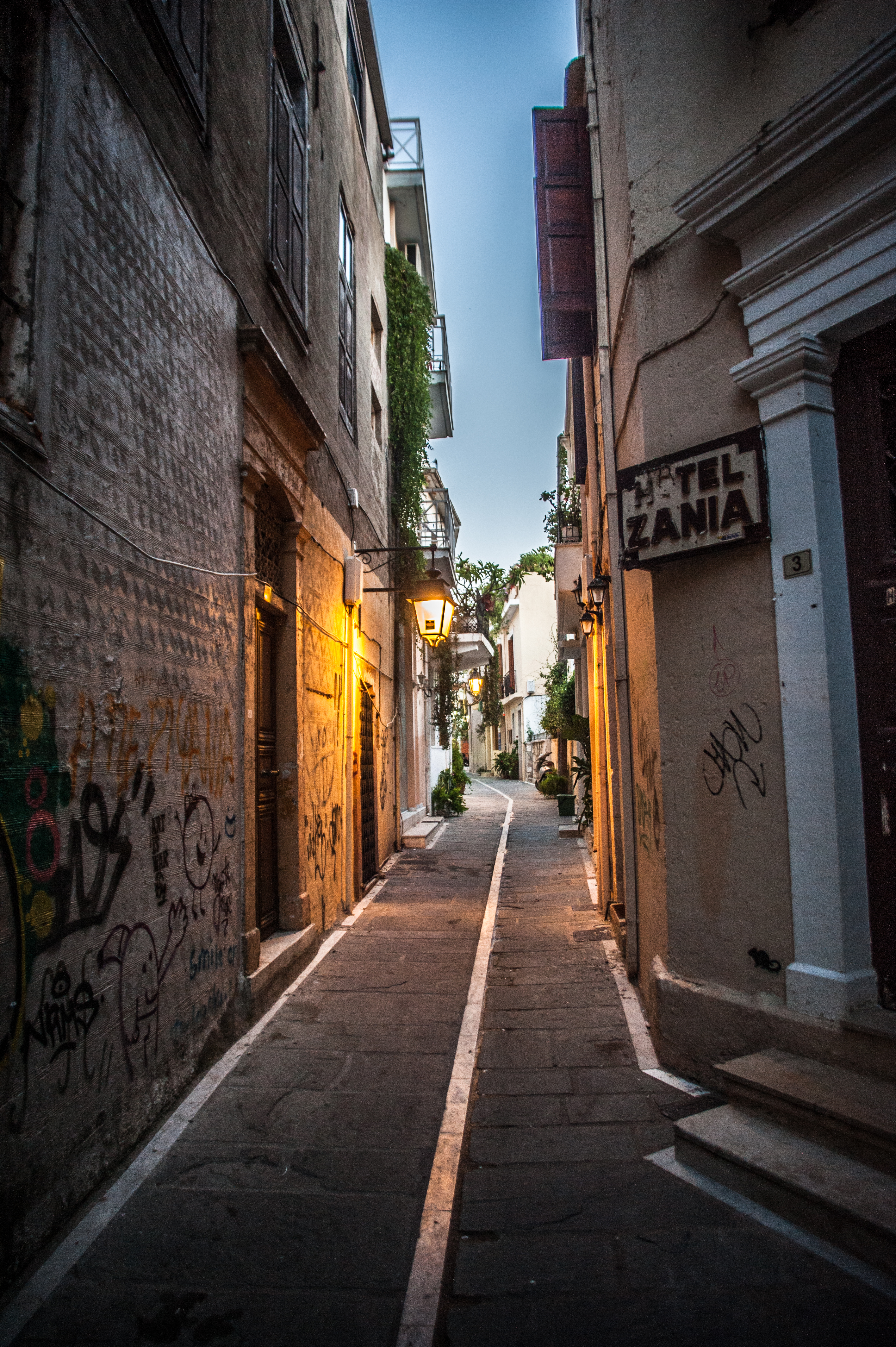
Crete is rich in cultural traditions. I would say that our strongest tradition is hospitality. Wherever you go on Crete you will find locals not only willing to chat with you but also invite you to their homes for a raki with meze. Our music and traditional dances are still alive and very popular among all.
Are there any helpful words or lingo in the local language we should know?
Yes: Nai / No: Ohi
Hello: gia sou / Goodbye: andio
Thank you: Efharisto / You’re welcome & Please: Parakalo
Good morning: kalimera / Good night: kalinihta
Any favourite travel apps for travelling your city?
My Crete Guide from DigiExplore.
If you could book a ticket tomorrow, where would you go?
To the Lower Omo River in south west Ethiopia which is home to eight different tribes.
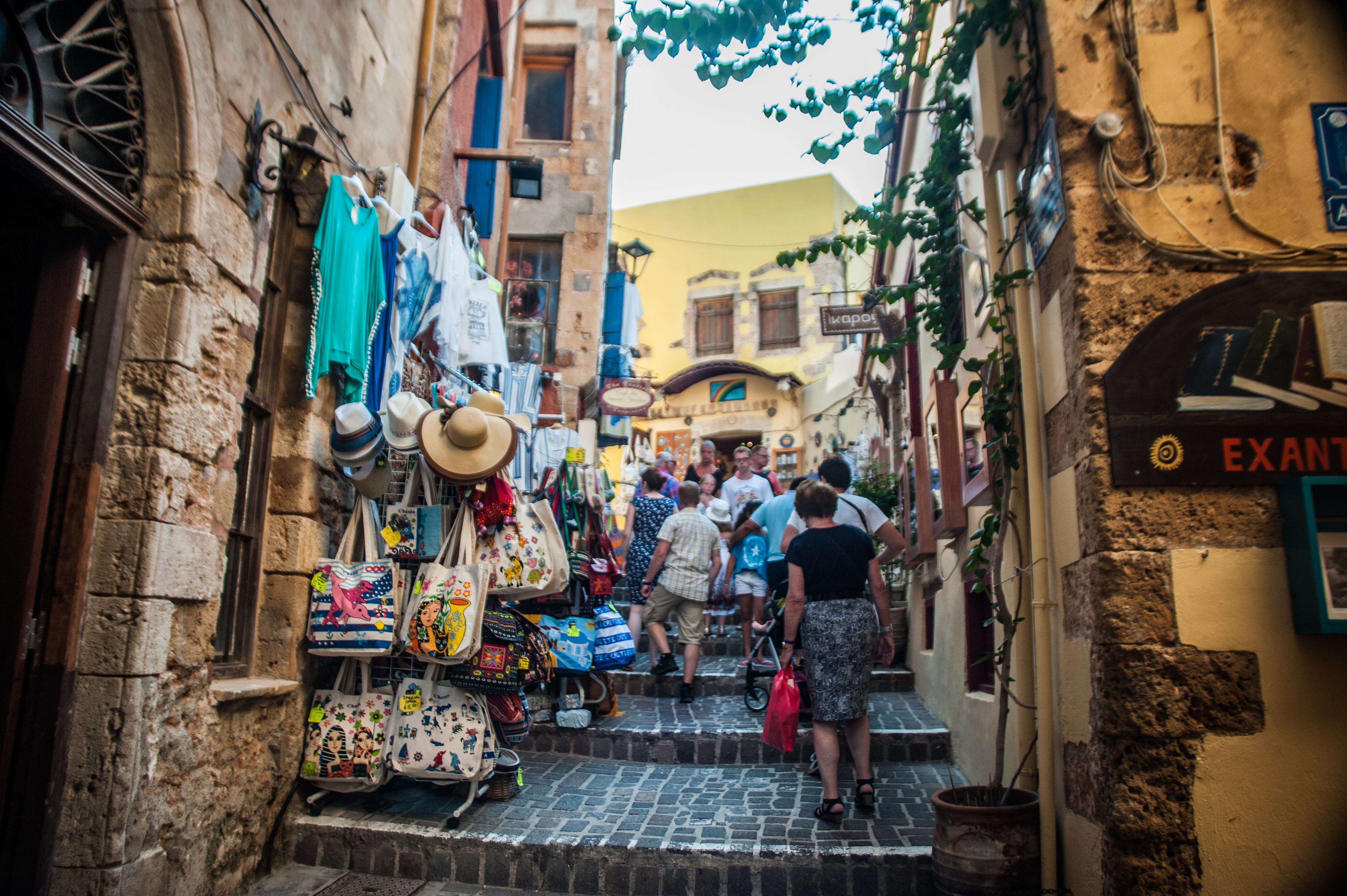
In the City is a monthly series that profiles a unique Travel Massive city around the world. Connect with Rebecca on Travel Massive, Facebook or Twitter. Be sure to join the Crete Chapter for updates on their upcoming event.
👋 This article is archived. Take a look at our new website.